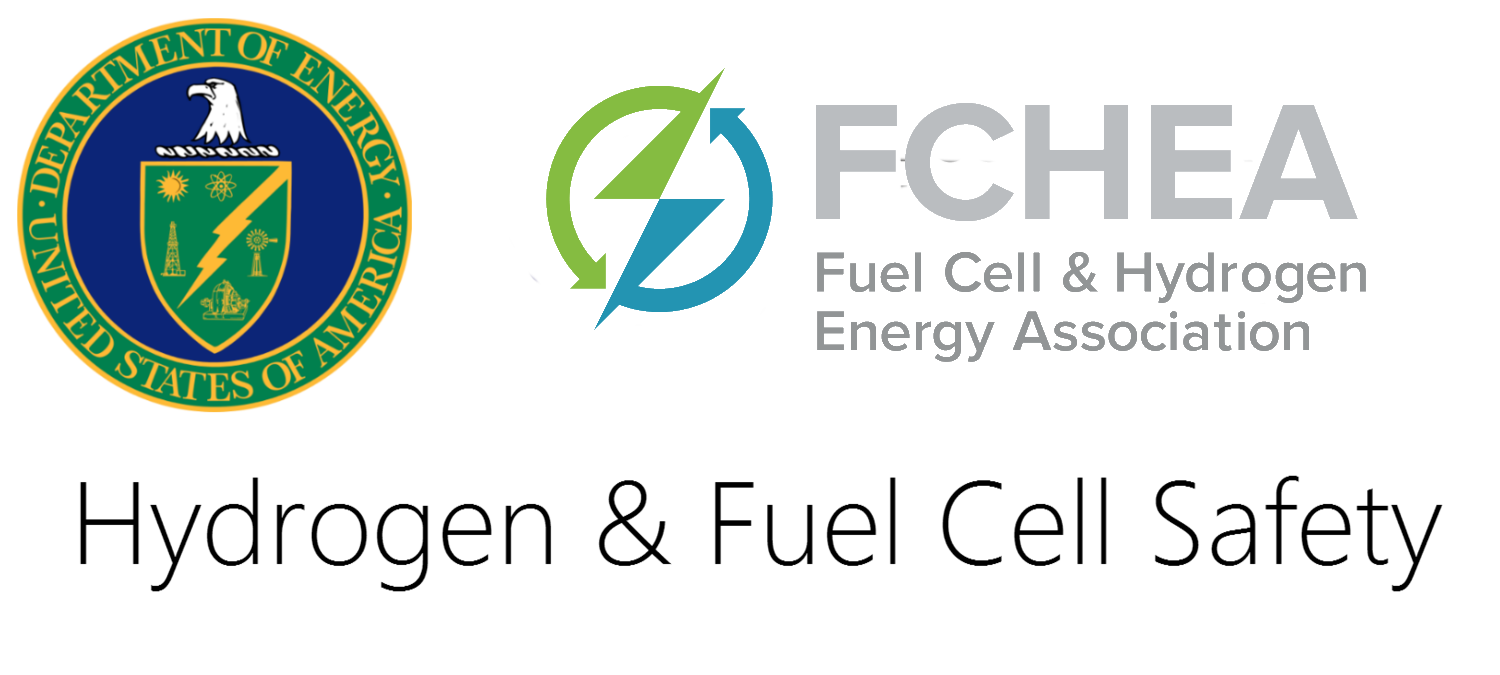Permitting Hydrogen Technologies
Karen Hall, Fuel Cell and Hydrogen Energy Association
The U.S. Department of Energy (DOE), in conjunction with the National Labs and National Code bodies, has developed the first modules in a family of documents to aid in the permitting of hydrogen energy systems. The Overview and first two modules of the Regulator’s Guides to Permitting Hydrogen Technologies have been published and are available for all interested parties online.
Regulators' Guide to Permitting Hydrogen Technologies: Overview
The Overview provides an introduction to hydrogen and hydrogen safety including hydrogen properties, leak containment and a glossary of hydrogen terms. The two available modules are the first two of a series of Guides designed to help code officials and enforcers to become more knowledgeable about the tools available for permitting hydrogen projects and systems.
Module 1: Permitting Stationary Fuel Cell Installations
As stated by the Guide, the purpose of Module 1 is to facilitate the acceptance of stationary fuel cell technologies for buildings. The module provides information on the building regulatory processes and provisions of relevant codes and standards that will have an impact on the design, deployment, approval, installation, operation, and maintenance of fuel cell technologies. The module covers fuel cell installations on buildings other than one- and two-family dwellings and for energy functions other than industrial processes. It is intended as a tool for determining the codes and standards applicable to stationary fuel cell installations that may provide electricity as well as heat to the structure.
Module 2: Permitting Hydrogen Motor Fuel Dispensing Facilities
Module 2 is very similar in structure, but with obvious differences in the subject matter. Module 2 is designed to guide permitting officials, code enforcement officials and other parties involved in approving the implementation of hydrogen motor fuel dispensing facilities. Specifically, the module identifies:
- issues in permitting a fuel dispensing facility as it progresses through the approval process
- specific requirements
- applicable codes and standards to determine if the specific requirements have been met.
Module 2 also identifies a fuel dispensing facility as one that receives hydrogen from offsite, stores it on-site, and dispenses it to vehicles. In general, the facility is analogous to a gasoline service station, but with hydrogen instead of gasoline or diesel fuel.
All of the Guides were developed through a collaborative effort involving the National Fire Protection Association (NFPA), theInternational Code Council (ICC), Pacific Northwest National Laboratory (PNNL) and the National Renewable Energy Laboratory(NREL). They are currently available here:www.pnl.gov/fuelcells/permit_guide.stm
